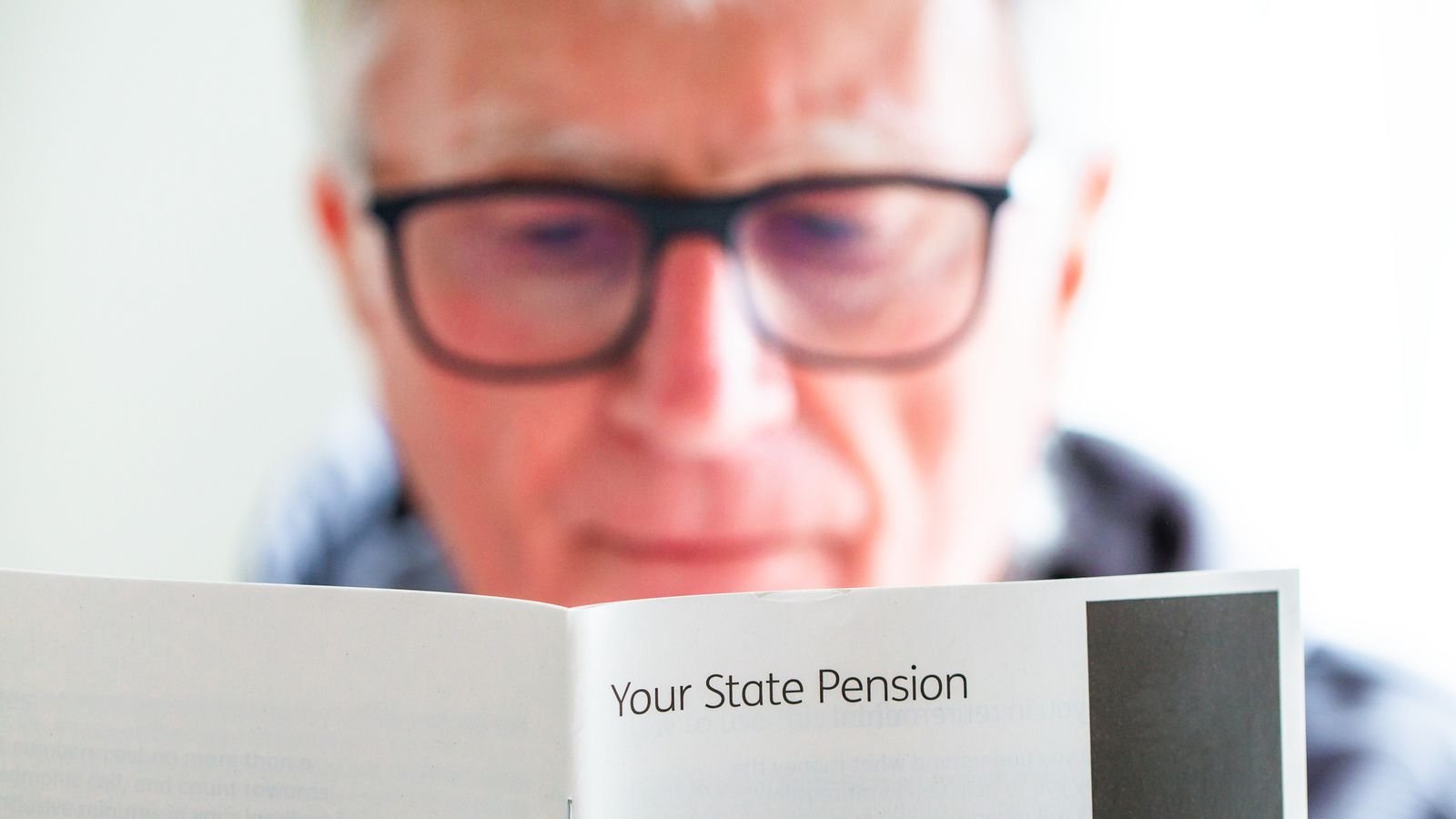The fate of your pension savings after your passing is determined by various factors such as your retirement status, pension type, marital situation, and nominated beneficiaries. Understanding this process can be complex, so here’s a breakdown of what you should be aware of:
What happens to your state pension?
The outcome varies based on whether you are receiving the old or new state pension. If you reached state pension age before April 6, 2016, you fall under the old state pension scheme. In this case, you may be eligible to inherit a portion of your spouse or civil partner’s state pension upon their demise. Additionally, if you have an incomplete national insurance record, you could supplement it with your partner’s qualifying years to enhance your basic state pension.
On the other hand, if you are on the new state pension, introduced post-April 6, 2016, you cannot claim your partner’s national insurance qualifying years. However, if your partner has accumulated more than the full state pension amount, the excess can be designated as a "protected payment," with half transferable to your spouse or civil partner.
Private pensions – defined benefit
Defined benefit pensions are typically found in public sector or older workplace schemes. These pensions furnish a retirement income based on your salary and tenure of contributions to your employer’s pension plan. In the event of your demise, the disbursement to your beneficiaries will be stipulated in the scheme’s regulations, often resulting in around 50% going to a surviving spouse. Children under 23 in full-time education or with mental/physical impairments may also qualify for a portion of your pension.
Private pensions – defined contribution
Remaining funds in your defined contribution pension can be distributed to beneficiaries in various ways:
- Withdrawal as a lump sum
- Establishment of a guaranteed income (annuity)
- Setting up a flexible retirement income (pension drawdown)
The method of distribution depends on the type of annuity purchased. For drawdown or active workers, any residual funds can be passed on to family members or designated individuals. Trustees, designated by the scheme, will typically honor your nominations from your "expression of wish" form, although it is not obligatory.
Will it be taxed?
Currently, pensions are not subject to inheritance tax. However, starting from April 2027, a wider range of pension benefits will be subject to inheritance tax, including lump sum death benefits and unused drawdown funds. The initial £325,000 of an individual’s estate is exempt from taxation. Additionally, inherited pensions may be subject to income tax, with specific rules based on the age at which the deceased passed away.In conclusion, comprehending the implications of your pension after your passing is crucial. Consult with relevant authorities to ensure your beneficiaries receive the entitlements you wish for them.

